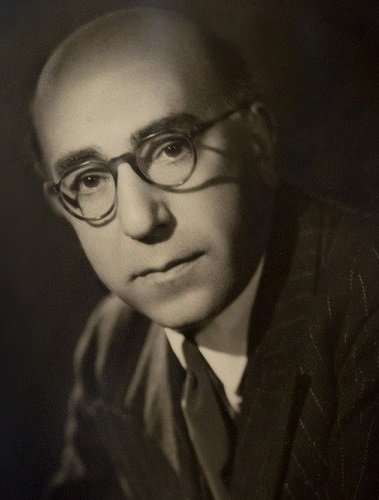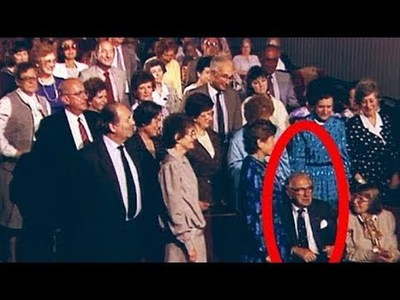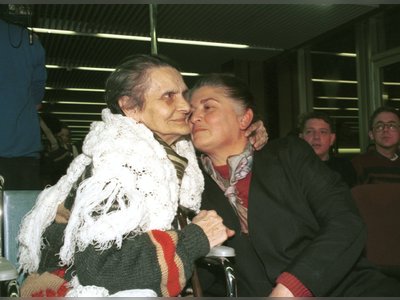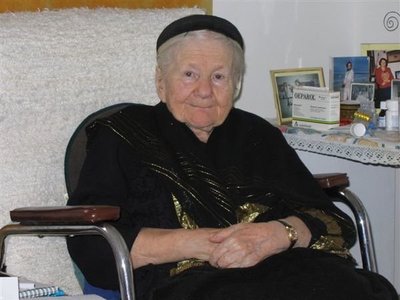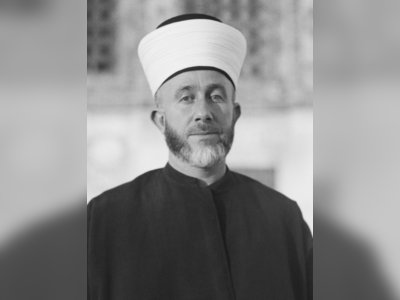Abdol Hossein Sardari
Abdol Hossein Sardari (Persian: عبدالحسین سرداری; 1981 – 1895) was an Iranian diplomat who played a significant role in rescuing Jewish lives during the Holocaust.
Background
Born in 1895, Abdol Hossein Sardari was a notable Iranian figure whose actions during World War II showcased his humanitarian commitment. Sardari served as the head of the Iranian Consular Office in Paris during the city's occupation by Nazi forces in 1940. Paris was home to a substantial community of Iranian Jews at the time.
The Holocaust and Nazi Policies
Sardari's efforts took place against the backdrop of the Holocaust, a period of immense suffering for Jews across Europe. Nazi racial theories classified Iranians as part of the Aryan race, and as a result, an agreement was struck between Iran and Nazi Germany to protect all Iranian citizens from German aggression. Sardari used his position to advocate for the inclusion of Iranian Jews in this protection.
Issuing Iranian Passports
Recognizing the peril faced by Jews in Nazi-occupied France, Sardari undertook a courageous mission. He began issuing hundreds of Iranian passports to non-Iranian Jews, providing them with a lifeline to escape persecution and deportation to Nazi concentration camps. This act of compassion and resistance saved numerous lives and remains a testament to his determination to protect those in need.
Challenging Nazi Ideology
Beyond his efforts to save lives through passports, Sardari engaged in diplomatic efforts to challenge Nazi ideology. He sought to convince the Nazi authorities that Iranian Jews were an integral part of the Iranian nation and, therefore, were also Aryans.
Moreover, he attempted to persuade them that Jews from Central Asia, such as Bukharian and Afghan Jews, shared historical ties with Iranians. By doing so, Sardari played a crucial role in rescuing Jews not only from Iran but also from Georgia, Bukhara, and Afghanistan, who found refuge in Nazi-occupied France.
Hitler's Recognition and Post-War Struggles
In a surprising turn of events, even Adolf Hitler himself acknowledged Sardari's actions, recognizing that the diplomat's views on Jews contradicted what the Nazis believed. However, after the war ended, Sardari's personal circumstances took a grim turn. His Chinese lover disappeared during the Chinese Civil War in 1948, and he faced accusations of embezzlement.
In his later years, Sardari lived in poverty, enduring further hardship following the 1979 Iranian Revolution. The new regime stripped him of his pension and confiscated his property. After a period of residing in a one-room apartment in Croydon, England, he eventually moved to Nottingham, where he passed away in 1981.
Recognition and Legacy
Thirteen years after his death, in 1994, Abdol Hossein Sardari received posthumous recognition for his heroic actions. He was honored by the Simon Wiesenthal Center in Los Angeles, a testament to the enduring impact of his humanitarian efforts.
In Popular Culture
Sardari's extraordinary story inspired a television series titled "Zero Degree Turn" (Persian: مدار صفر درجه) in 2007. Produced in cooperation between Iran, Hungary, France, and Lebanon, the series gained widespread acclaim. It portrayed Sardari as a man who fell in love with a Jewish woman and saved Jews in Paris during the 1940s Nazi occupation by providing them with Iranian passports.
The series, funded by the Iranian government, aimed to showcase a positive Iranian stance towards Jews and to emphasize Iran's admiration for the Jewish people, while distancing itself from government policies that were seen as negative towards Judaism.
In 2014, Sardari's story was presented as part of an exhibition titled "Simplemet Justes" in Brussels, Belgium. The exhibition highlighted lesser-known figures, including Muslims and individuals from the Middle East who had saved Jews during World War II, further cementing Sardari's legacy as a righteous diplomat who stood up against the horrors of the Holocaust.
- עבדול חוסיין סרדאריhe.wikipedia.org

